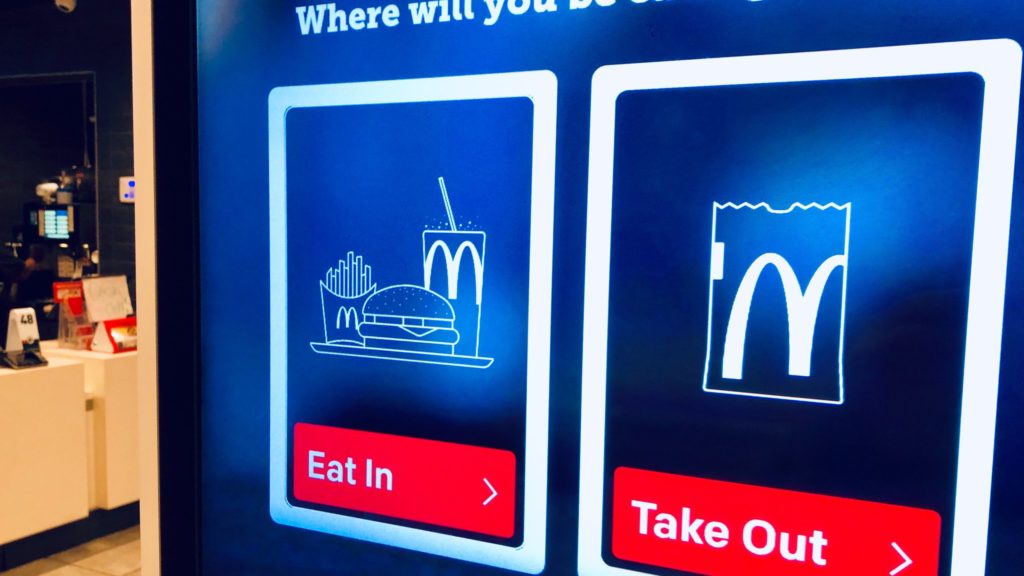 As a direct result of the pandemic and subsequent shutdowns, Alaska has suffered a devastating blow to its economy, with the highest seasonally-adjusted unemployment rate of the year at 13.5 percent in April 2020. While the latest unemployment numbers declined to 8.1 percent, the state still has a long, uphill battle to recover from the economic impacts of COVID-19. Unfortunately, increased minimum wage requirements at the national level are being proposed that would effectively kick us while we’re already down.
As a direct result of the pandemic and subsequent shutdowns, Alaska has suffered a devastating blow to its economy, with the highest seasonally-adjusted unemployment rate of the year at 13.5 percent in April 2020. While the latest unemployment numbers declined to 8.1 percent, the state still has a long, uphill battle to recover from the economic impacts of COVID-19. Unfortunately, increased minimum wage requirements at the national level are being proposed that would effectively kick us while we’re already down.
A federal policy is being proposed that would raise the federal minimum wage to $15 per hour, and the federal wage for those who earn mainly tips to $12.60 by 2027. Using methodology from the nonpartisan Congressional Budget Office (CBO) and including assumptions based on the impacts of COVID-19, two labor economists recently published a report analyzing the impact this particular proposal would have on all 50 states.
In Alaska, raising the minimum wage to $15 by 2027 would result in 1,485 jobs lost. To put that number in greater perspective, as of November 2020, there are over 28,000 Alaskans already unemployed. That number does not include people who left Alaska because of the pandemic to find work elsewhere.
The study also showed that this policy would have the greatest negative impact on women, workers aged 16-24, and those in the Arts, Entertainment, & Recreation and Accommodation & Food sectors. In addition, one in three tipped workers impacted will lose their job due to the tipped wage increase to $12.60. Those happen to be the same industries which are being most negatively impacted during the pandemic.
Raising the minimum wage so drastically would result in “serious negative impacts” and would most harm those that the policy intends to help – the lowest earners. Economic literature makes it clear that minimum wage raises result in loss of jobs as businesses are often not able to afford to pay higher wages while maintaining all employees. In fact, in a study published in 2018, the author stated: “research on the U.S. fails to find evidence that minimum wages help the poor; they may actually increase the number of poor and low-income families.”
This is not what Alaska needs to recover from the pandemic and become a thriving state. Instead, businesses and employers need to be free of restrictive policies and government red tape that keeps them from innovating. The best way to allow an increase in jobs, wages, and economic growth is by encouraging entrepreneurs and business owners, not inhibiting them.